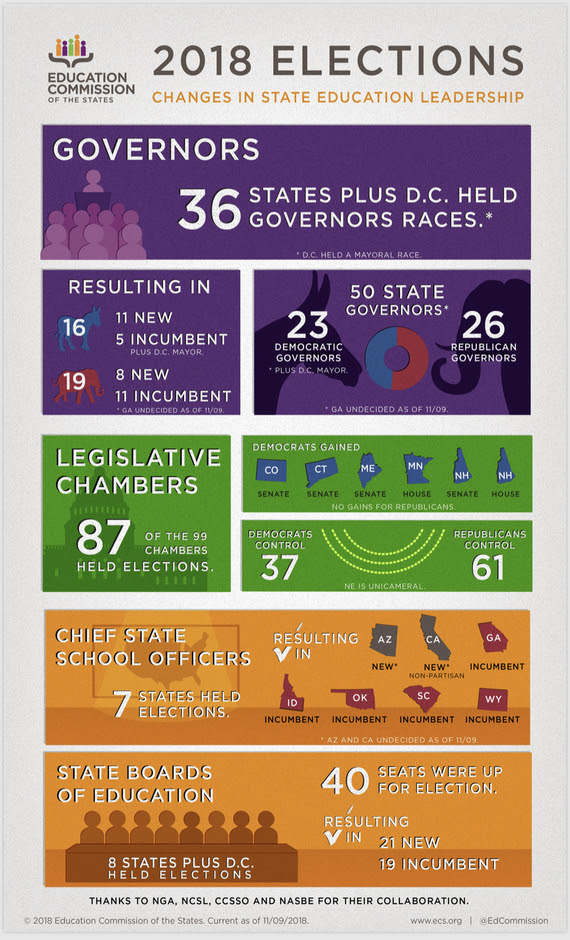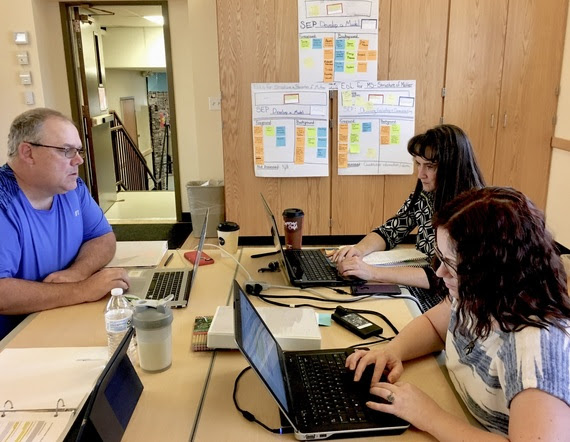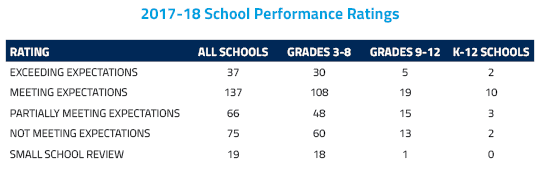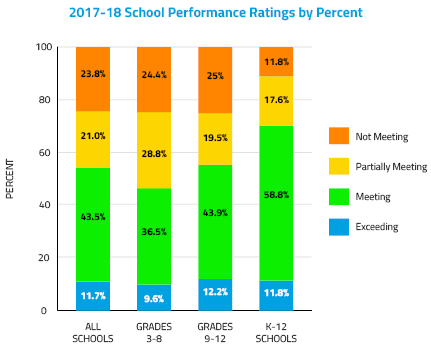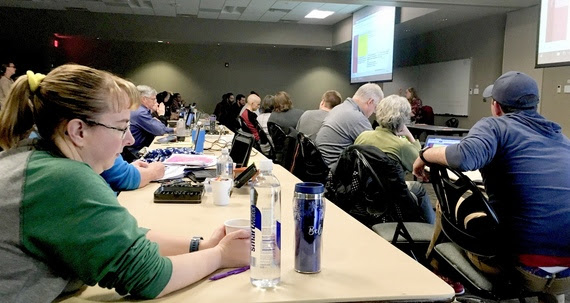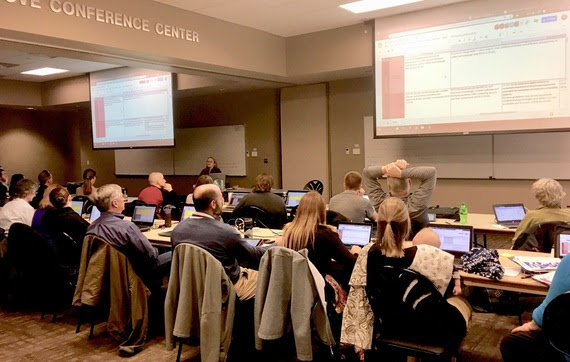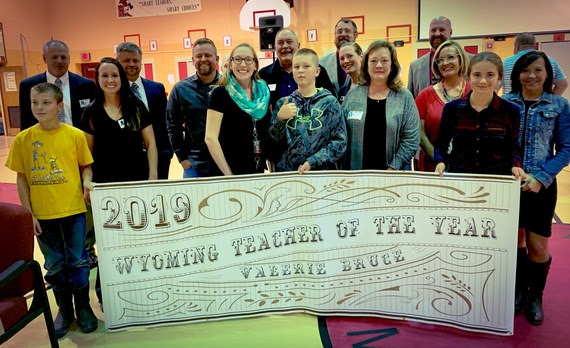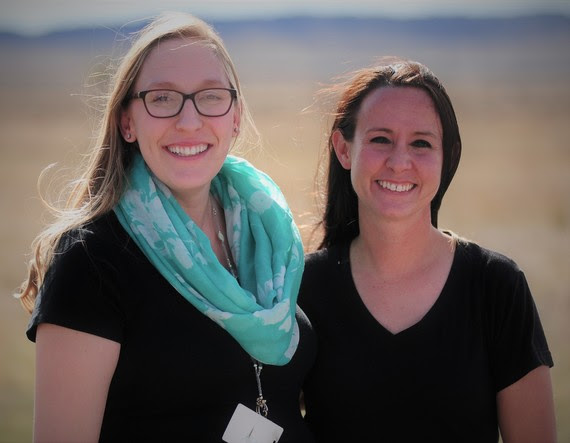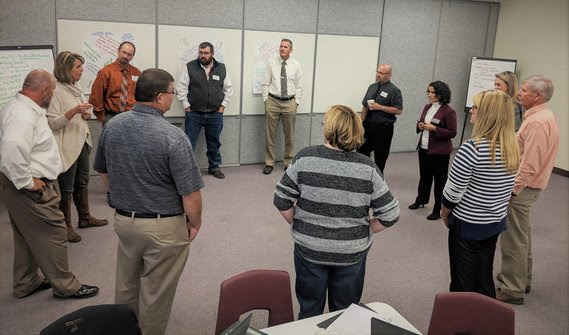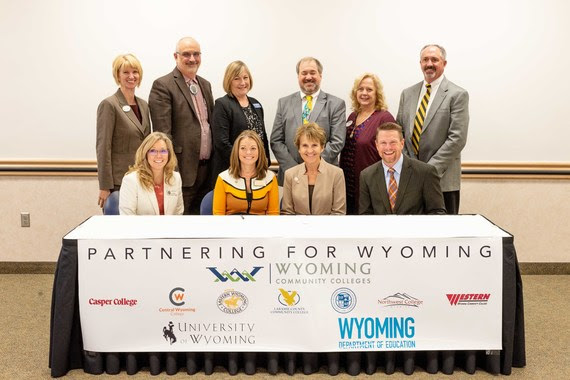
CHEYENNE – A new partnership involving Wyoming community colleges, the University of Wyoming and the Wyoming Department of Education has set the stage for an increased level of information sharing aimed at improving the performance of the state’s education system.
A new memorandum of understanding — signed this week by presidents of each of the seven community colleges, the Wyoming Community College Commission (WCCC), the University of Wyoming and the Wyoming Department of Education (WDE) — paves the way for seamless transitions for students from high school to the workforce, while meeting the state’s objectives related to educational attainment and economic diversification.
The agreement establishes a process whereby UW, WDE, the colleges and WCCC will share data elements related to the state’s Hathaway Scholarship Program, student financial aid, student success, dual and concurrent enrollment, virtual education and electronic transcripts.
The partnership will support Governor Mead’s Executive Educational Attainment Council established by executive order in August, responsible for coordinating data throughout Wyoming’s education system from primary to secondary education with the ultimate goal of increasing the level of education and training of the State’s workforce.
Under the new agreement, the sharing of information will not begin until the deployment of a data governance structure that assures the security and privacy of student information. The governance structure will include an executive governance board and a data governance committee to make decisions on data needs and approval for reports. As the database system is currently used at the community college level, all data are encrypted in motion and at rest, adhering to all Family Educational Rights and Privacy Act (FERPA) requirements regarding student data and suppressing all Social Security information.
“This agreement allows us to provide information without collecting any additional student data,” Superintendent of Public Instruction Jillian Balow says. “I look forward to carefully crafting a data governance structure that safeguards student data and helping students make seamless transitions from high school.”
UW President Laurie Nichols says the agreement is a major step in efforts by the university and the community colleges to ease the transition for students transferring from the colleges to UW. Those efforts include nearly 200 articulation agreements to help ensure that students earning associate degrees at Wyoming community colleges can transfer to UW and earn their bachelor’s degrees in the same majors in two years.
“We are working diligently to develop a common college transcript system that will make things even easier for students enrolled in the state’s institutions of higher education, and this new agreement moves the process forward,” Nichols says. “All of us involved in this agreement are committed to doing everything we can to meet the state’s educational attainment goals by increasing post-secondary completion and boosting opportunities for Wyoming workers to obtain meaningful workforce credentials. Sharing of information is an essential ingredient to facilitate a seamless transfer.”
The event is the result of many years of work involving departments from the seven community colleges, the University of Wyoming, WDE, and WCCC. It has been a multi-agency effort.
“It was certainly an exciting first step toward achieving our educational attainment goals for the State of Wyoming,” Executive Director of the Wyoming Community College Commission Sandy Caldwell said. “Partnerships that will facilitate sharing data, common course numbering and common college transcripts (HEA 47) will help us increase completion rates and strengthen our education to work pipeline. This will ultimately help us reach one of the main objectives of ENDOW which is a more diversified economy supported by an educated workforce.”
– END –
Media Contact:
Kari Eakins, Communications Director
kari.eakins@wyo.gov
307-777-2053
